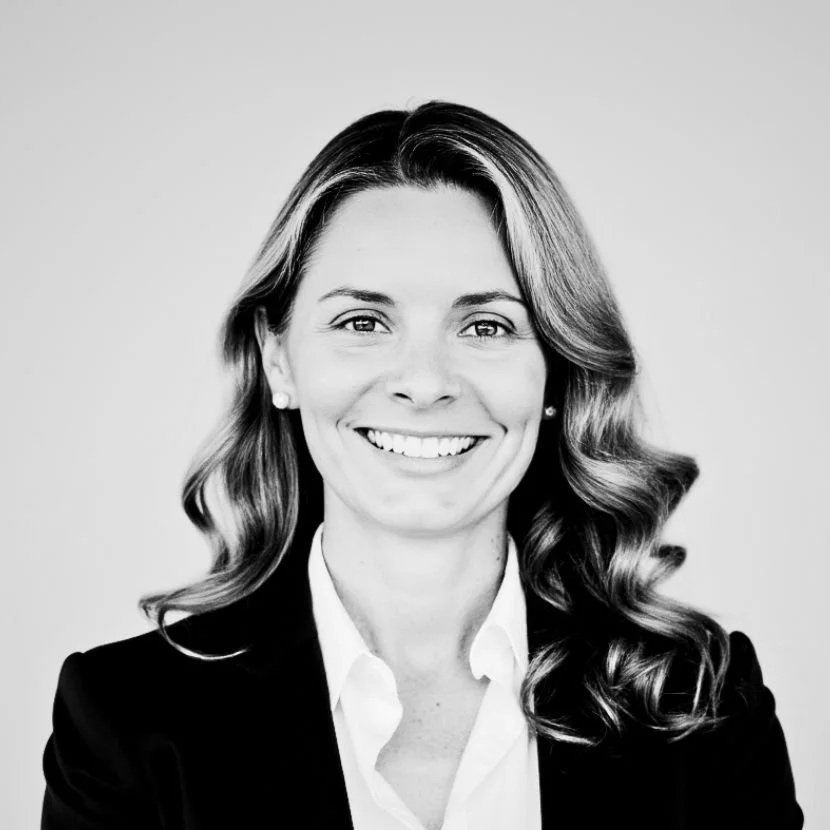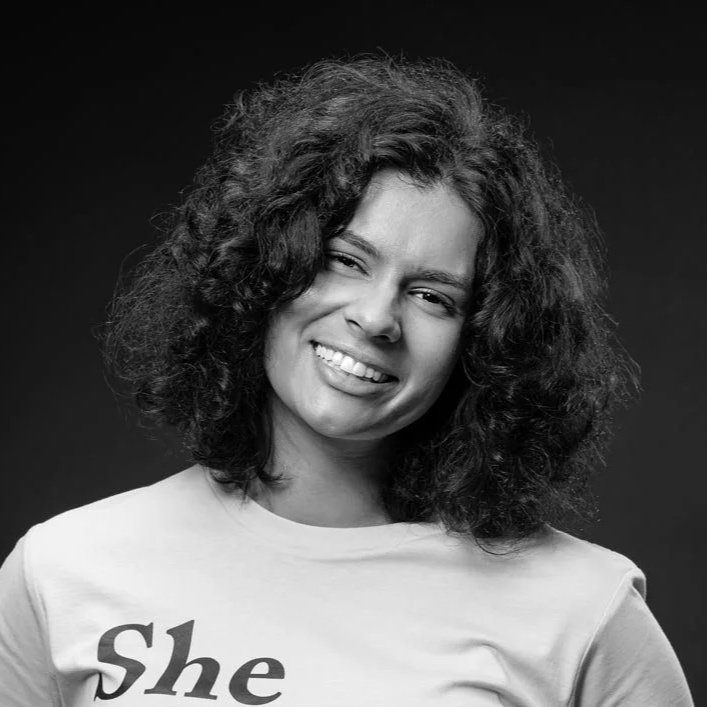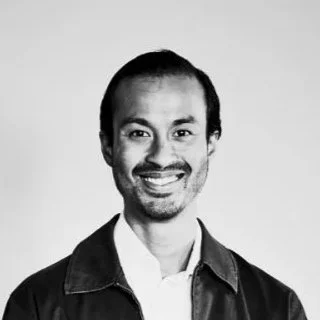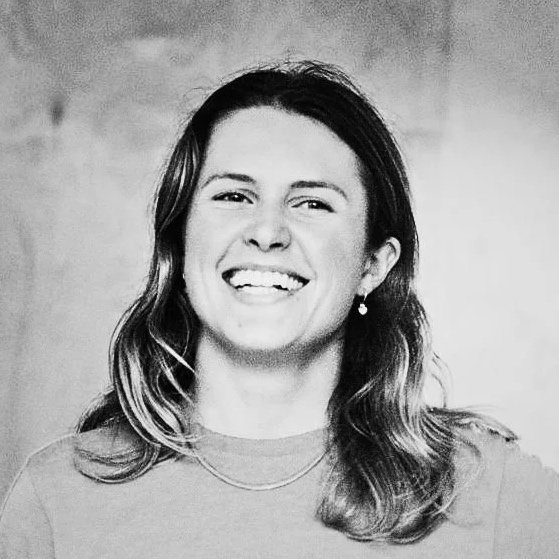Shamoy Hajare Cover On Commonwealth Policy Development Strengthening The Platform For Social Enterprise
Shamoy Hajare Cover is passionate about supporting young entrepreneurs with environmental impact businesses. She is the founder and CEO of Radicle Global. Radicle connects innovators, changemakers, and service providers to collaborate and build businesses that support the circular economy and help to achieve the Sustainable Development Goals (SDGs).
Shamoy has supported over 250 young entrepreneurs and 27 youth-led organisations in the Caribbean as founder and CEO of the Jamaica School for Social Entrepreneurship (JSSE) and Co-creator of the Youth Entrepreneurship Project, which was an initiative of Young Women and Men of Purpose.
She also worked with over 900 impact-focused entrepreneurs globally and has worked at the policy and programme levels with the Government of Jamaica, NGOs and multilateral organisations such as Commonwealth Secretariat and UN-Habitat both to promote social entrepreneurship and support social entrepreneurs globally. Shamoy is the 2016 Commonwealth Young Person of the Year for Excellence in Development Work and has completed an MSc. in Environment and Sustainable Development at University College London (UCL).
Shamoy discusses Radicle Global’s positive impact on the UN Sustainable Development Goals through connecting young entrepreneurs to resources and impact measurement support.
Highlights from the interview (listen to the podcast for full details)
[Indio Myles] - Shamoy, thank you very much for joining us. It's great to be speaking to you.
[Shamoy Hajare Cover] - Hi Indio. Thank you so much for having me.
To start off Shamoy, could you please share a bit about your background and what led you to working in the social enterprise sector?
Absolutely. I started working with entrepreneurs shortly after returning home from a U.S Internship that I received immediately after completing my Bachelor's degree. It was in 2010, and at the time we were at the peak of a global recession. With that came high levels of unemployment, so returning to Jamaica and trying to find a job was literally next to impossible.
I kept getting the "we regret to inform you" letters, and so at that point, I just decided I wasn't going to sit and wait for a job. Instead, I started researching NGOs to find something that just felt right.
One day I was watching a random program and came across this feature on an NGO called Young Women and Men of Purpose, and just listening to the founder and observing how passionate she was, I knew I had to be a part of this initiative. After watching the interview, I emailed the organisation and shortly after the founder Lanisia Rhoden responded in just a few hours. Two days after that we were shopping for their annual Christmas treats event and we connected instantly. I just started volunteering at YWOP, and while volunteering there of course what was happening with me personally was at times I suffered a lot of anxiety and I was plunging into depression, because while the experience was truly fulfilling, my focus was on getting the perfect job and it was really taking its toll.
One day Lanisia came across the call for a proposal from the UN Habitat Urban Youth Fund program, and they were looking for promising ideas to promote urban youth development. Immediately we thought about creating a project to promote youth entrepreneurship. At this time, we strongly felt that it was one of the best solutions to create jobs in our town, given the high youth unemployment rates.
For me, this was something that hit close to home and so I jumped to the thought of just being able to do that. We created the Youth Entrepreneurship Project, YEP for short, and we received $19,000USD in funding from UN Habitat. With that, I took on the role of project manager for YEP, and that was a paid position so that was great. The impact of YEP was just phenomenal, we were able to train over 44 young entrepreneurs and we gave 20 of them seed funding. Initially, we created 20 indirect jobs as a result of that. It was a situation where the entrepreneurs we supported ended up hiring other young people in their communities. The project gained a lot of national recognition and attracted great partnerships.
I noticed that a few of the entrepreneurs we worked with had social enterprise ideas and still at that time, I had no idea what a social enterprise was, but I loved the business ideas of these entrepreneurs. So I decided to do some research and discovered social entrepreneurship shortly after that, and I created the Jamaica School for Social Entrepreneurship, JSSE.
It was pretty much just to promote the development of social enterprises in communities. We partnered with the government and carried out a lot of work through this partnership. Interestingly during this time, I received a call for a job I applied for two years prior, and in a few weeks, I was working as a youth empowerment officer at the Ministry of Youth while also working part-time at JSSE. With JSSE and YEP, I just learned so much about entrepreneurship, the highs, the lows, the challenges, the needs, and just learning truly about impact.
Back then I knew social entrepreneurship was the future of business and social enterprises needed access to specific resources and the environment that would actually facilitate growth and impact.
So, what we were doing at JSSE was great, but I knew we needed to do more. I made a decision to close JSSE, and I closed it just after coming up with the idea of Radicle.
That's a wonderful introduction to your humble beginnings and really the sector as a whole. Shamoy, you're the CEO of Radicle, which is your initiative operating on a global scale and creating many positive impacts. Could you share with our audience a few of Radicle's core objectives as a social enterprise?
Our mission for Radicle is to build a virtual social enterprise ecosystem that is both robust and agile, and to also work with global changemakers to develop and strengthen ecosystems on the ground. We want to ensure that these ecosystems are consistently supporting impact focused enterprises.
Some of our core objectives are to help make resources more affordable and accessible to social enterprises operating in the circular economy and to connect young professionals to flexible and meaningful work while helping them to build their credibility as subject matter experts.
We also focus on using AI and data analytics tools to understand business needs, to recommend resources that nurture ideas, to grow circular businesses and to monitor environmental and economic indicators that will actually create measurable impact data linked to the SDGs.
Finally, we want to be able to share this impact data and insights on business progress and best practices to policy makers and global SDGs monitoring entities.
Very interesting, Shamoy. You touched on the United Nations Sustainable Development Goals, and through Radicle work extensively with those goals.
From a personal standpoint for you, which of these goals resonate most with you and the enterprises that you work with?
Personally, just because of their interconnectedness, all of the goals resonate with me. I'm very keen on SDGs, environmental indicators and just overall indicators promoting sustainable livelihoods.
Because of that, that makes all the goals very important to me. I think most of the entrepreneurs we work with feel the same as their missions are aligned with several indicators across several goals. I will say though that no matter the idea or objectives, Goal 17 is a constant for the entrepreneurs we work with, and for us in extension always has a place among the other goals.
How have you seen the social enterprise sector evolve over the past five years, both in Jamaica and globally?
In Jamaica, I've seen a lot of progress as it relates to the sector itself. It has truly taken shape and a lot of policy level attention has occurred through great programs such as social enterprise boost initiatives and the development of the Jamaica Social Stock Exchange. I'm not sure if you are familiar with that, but for me that is just so fantastic.
It just shows how serious we are about building and developing the social enterprise sector here. Globally, I've seen a lot of focus on building resilient social enterprise ecosystems. For example, I've worked with the Commonwealth, so I've personally seen a lot of work being done by them to build the capacities of Commonwealth countries to develop an enabling environment for the social enterprise sector.
I'm seeing that a lot in different spaces and organisations. Even for example what you're doing at Impact Boom, just being able to highlight the work of social entrepreneurs and being able to promote all the amazing initiatives in different countries and at different levels is fantastic. All of that adds up to what's happening globally.
Interesting insights there into the sector globally and within Jamaica. As a social entrepreneur yourself, if you could give one piece of advice to an emerging social entrepreneur, what would it be?
This advice is actually going to be in two parts. I think adaptability is super important for any entrepreneur and it makes the seemingly impossible very possible. I'll share a personal story. Currently, I work from home and I look after my daughter and so it's quite an adjustment. But the work-life effects of the pandemic just resulted in the resignation of her nanny recently, who is just absolutely amazing. Honestly, I thought it would have been a disaster because I'm thinking, "how am I going to do this?"
But I’ve found that I'm adapting to this new life work routine, and it's just both beautiful and messy. I would just like to say that if you're an emerging social entrepreneur and you are a full-time caregiver as well, don't ever think that you have to choose one or the other.
This is very personal to me now because the thought has crossed my mind so much and I really want to just share this. The next thing is that:
the seemingly impossible becomes very possible with a strong support system.
Take time to build great relationships both personally and professionally and take time to nurture these relationships.
It's actually why I'm still standing and why Radicle is a reality.
Those are two very good pieces of advice for any social entrepreneur wanting to enter the sector. Shamoy, working through Radicle and various other networks of social enterprises, what inspiring projects or initiatives have you come across recently which are creating a positive social change?
I recently came across this organisation called Both of Us. They're based in Sweden, but they do amazing work globally. Their focus is on making a social impact using technology and design, and they do this by working on projects that are making an impact towards the SDGs.
For me, that's just so impressive and phenomenal because a lot of the time as a social enterprise in the social enterprise sector, you may not have access to those kinds of technical expertise. The mere fact that an organisation is just willing to work with you and to ensure that you build your technological infrastructure is absolutely amazing.
Also, this organisation is not recent, but I think they're impressive, it's actually one of my mentees who is the founder. The organisation is called Red Diamond Compost and the founder is Joshua Ford.
Red Diamond Compost are based in Barbados and they are contributing to food security by producing organic and biological soil treatment solutions, they have plans to actually launch a bio-stimulant, or I guess you can say an intelligent fertiliser, that's made from sargassum seaweed.
This is not only promoting food security, but it's also contributing to ocean conservation efforts and I just think that's absolutely amazing.
Two fantastic initiatives there Shamoy. To finish off, what books and resources do you have on your shelf?
I'm sure you don't want to hear about all of them! Still, I've been reading these two currently. The first one is called Deep Work by Cal Newport.
This book is just so amazing Indio because it helps you to focus on work without distraction and to get things done quickly and master new skills. In a world that's filled with distraction, I think it's just super important for us to practice ‘Deep Work’, and to get in that zone where we're completely focused and getting things done.
If you want to learn about that and master that skill, definitely read Deep Work. The second book I'd recommend that I'm reading now is called You Are a Badass at Making Money by Jen Sincero. It's not a typical book you'll find a CEO reading, but it's extremely important. It's such a great book because it helps us to develop relationships with money and as a social entrepreneur, that's so important because lots of us just think that wanting to make money is taboo. But actually, we need to make money to make an impact and to be sustainable, so I think it's a great book. In terms of resources, I would recommend The Ellen MacArthur Foundation, they have great resources and short courses on the circular economy and they even have measurement tools called Circlytics, so definitely check them out.
I'll also recommend Social Shifters, because they have just this great e-learning [platform] and a supportive community for change makers, and I'll also recommend the Startup Commons on that note because they have a training and ecosystem development consultations for creating start-up ecosystems globally.
I think all of those resources are just absolutely amazing. The great part about it, particularly for the resources section, is that most of it it's free, open and very accessible. Entrepreneurs should definitely check them out.
It has been fantastic speaking to you about all of these different changes within the social enterprise sector and a few of your own perspectives on the social enterprise sector. Thank you so much for spending some time to have a chat with us, and all the best to you in the future.
Initiatives, resources and people mentioned on the podcast
Recommended books
Deep Work: Rules for Focused Success in a Distracted World by Cal Newport
You Are a Badass at Making Money: Master The Mindset of Wealth by Jen Sincero








